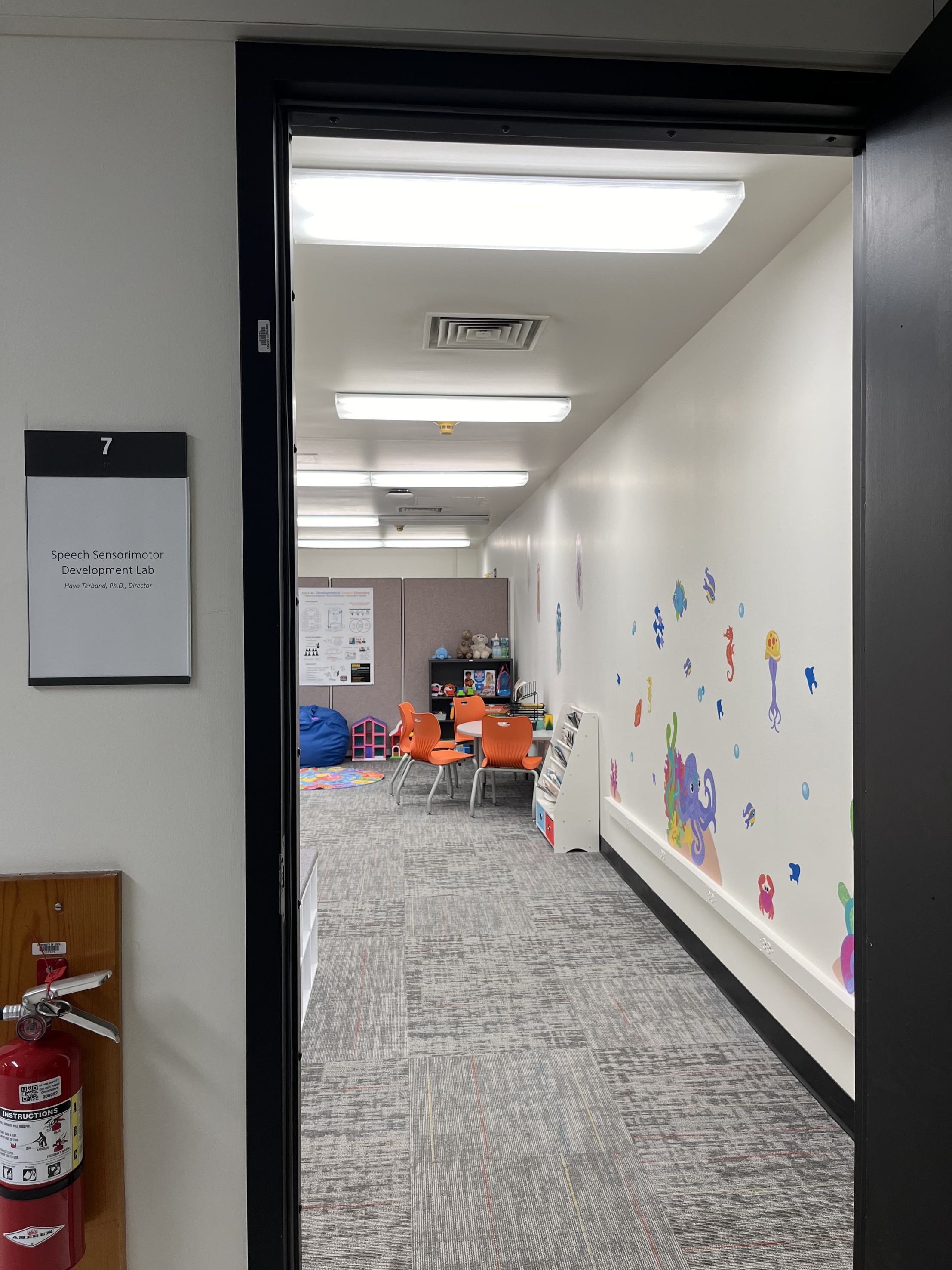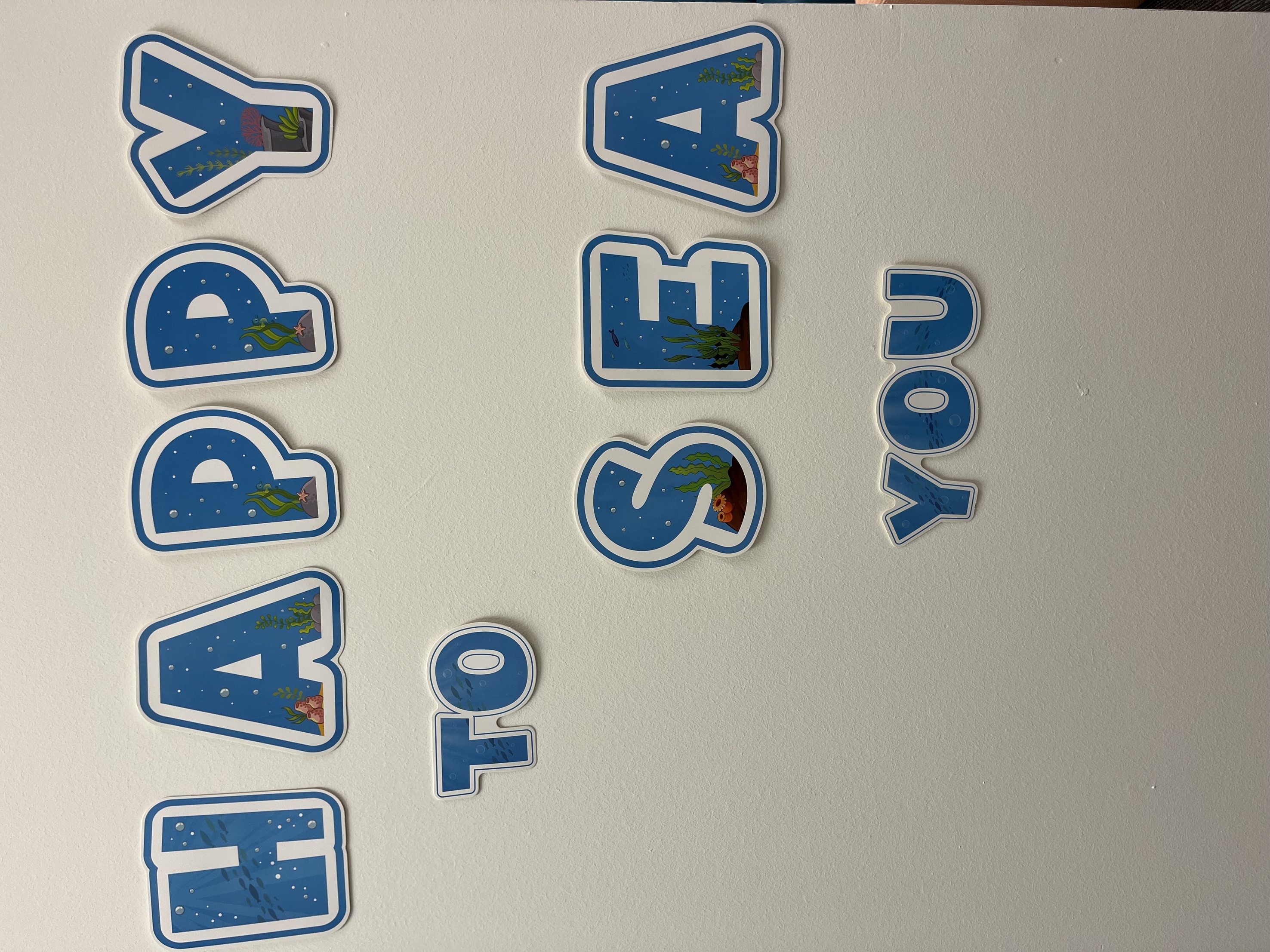
What are the issues?
Children with speech sound disorders (SSD) form a heterogeneous group, with respect to etiology, proximal causes, speech error characteristics, severity, and response to treatment.
With respect to the treatment goals and the speech mechanisms addressed, treatment programs are quite transparent in their aims and approach and how they contribute to remediating specific deficits or mechanisms. The clinical challenge for SLPs is how to select the most appropriate treatment at the most appropriate time for each individual child with SSD. This requires comprehensive assessment of all relevant factors for each individual child based on which the specific underlying problem(s) can be derived and connected to a specific intervention approach and treatment target. However, in practice, clinicians do not get the time or means required for extensive speech profiling.

What does the SSD Lab offer?
The SSD lab offers comprehensive assessment of speech development. The assessment outcomes are formulated in a profile of strengths and weaknesses of the child’s speech production system. This profile is shared with the attending clinician to inform treatment planning.
- Assessment areas
- Oral-motor control
- Oral motor assessment – structural, tone, movement
- Diadochokinesis – alternate movements
- Articulation
- Speech motor planning
- Speech motor programming
- Phonology
- Phonological processing
- Auditory perception
- Self-monitoring
- Oral-motor control